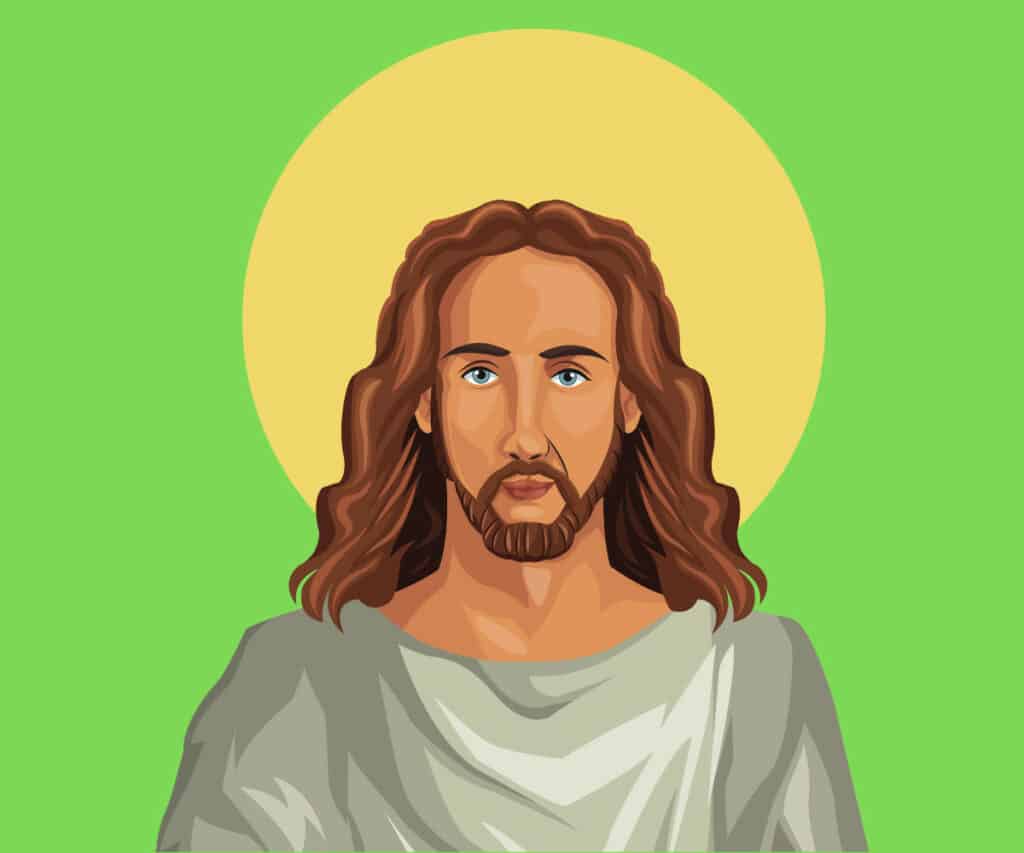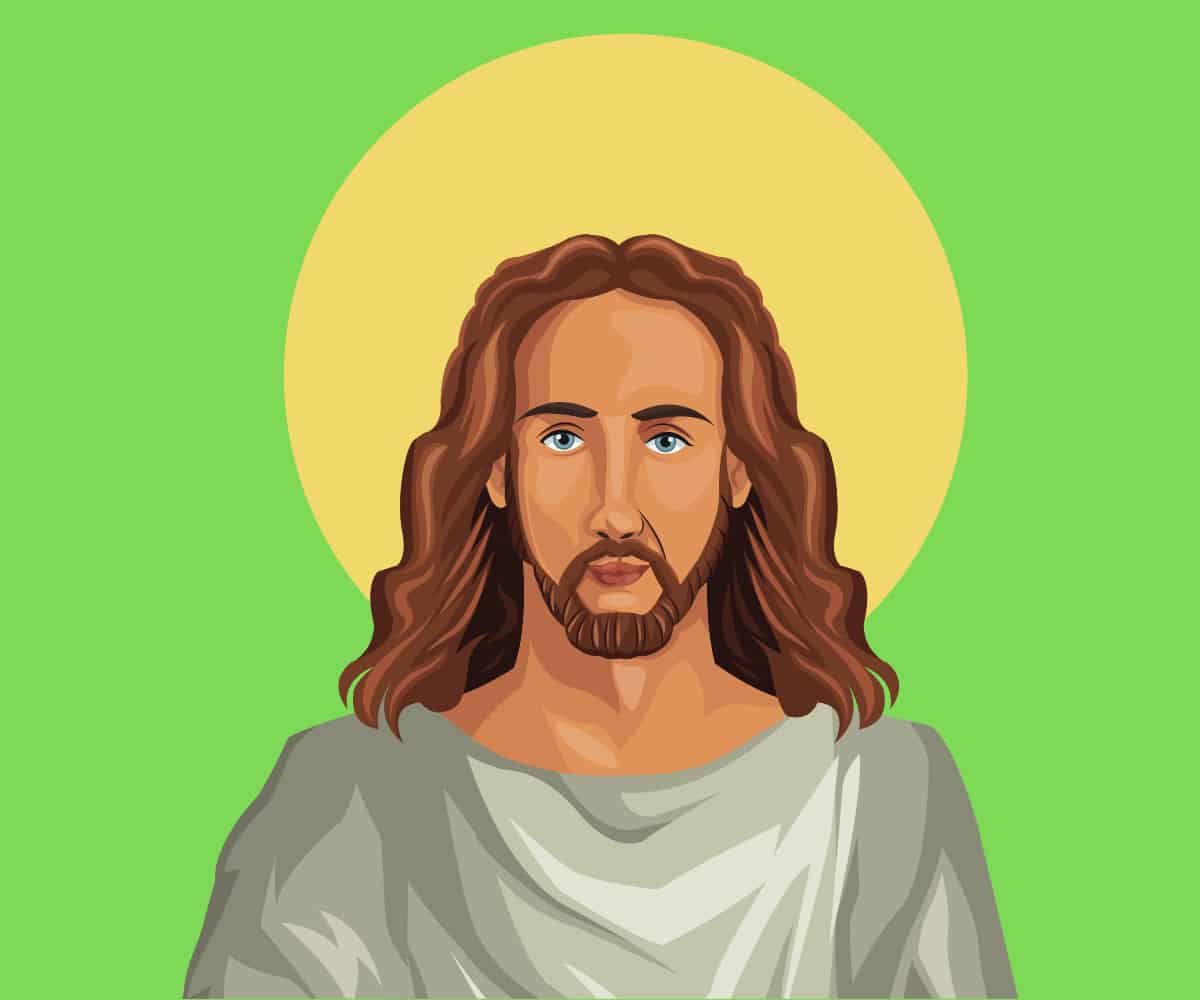Christmas comes but once a year and most people, especially when writing, shorten it to Xmas. But why is Christmas shortened to Xmas? What’s the deal with that? Let’s find out…
It’s that time of year again. Things are winding down, you’re spending way more time than you’d like browsing Amazon looking for gifts. And you’re looking forward to some well-earned time off work, a few drinks, and catching up with friends and family. Christmas, regardless of your religious persuasion, is a great time of year.
Christmas, in one form or another, has been celebrated for millennia. The term Christmas, however, refers to the birth of Jesus. In this respect, Christmas is a very Christian affair. But why is Christmas shortened to Xmas? What does it mean? Spoiler: it is NOT just an acronym or an abbreviation.
Why Christmas is Shortened To Xmas?
To understand where Xmas comes from, we must first understand where the word Christmas came from. In its simplest form, Christmas means “Christ” – as in Jesus – and “mass”, so, when you combine the two together, you get Christmas. But that’s just the beginning of the story behind why Christmas is also referred to as Xmas.
During the early days of Christianity, the followers of Jesus operated in secrecy. In the bible, Jesus is crucified for claiming to be the son of God; he was labeled a false prophet and later killed for his teachings and beliefs. At this point, Christianity was an underground religion. There were plenty of followers but they had to operate secretly.
So where did the X and Xmas come from? According to Grammarly, “In the Greek alphabet, X is the symbol for the letter ‘chi.’ Chi (or X) is the first letter in the Greek word for Christ. In the early days of the Christian church, Christians used the letter X as a secret symbol to indicate their membership in the church to others.”
So there you have it: Xmas is derived from the X used by early Christians to identify themselves to one another, avoid detection by non-christian authorities, and to operate their secret masses and meetings. The use of Xmas for Christmas, therefore, is simple: X refers to Christ, so X + Mas = Christmas. Simple, right?

Not quite. You see there is quite a bit of controversy about the use of the word Xmas instead of Christmas. Critics of the word “Xmas” claim it represents the commercialization and secularisation of one of Christianity’s highest holy days. That by removing Christ from the word, you’re are effectively removing the true meaning of the day.
But what you have to keep in mind is that Christ and Christmas have been shortened in the UK for almost 1000 years, way before the first recorded occurrence of the word Xmas. Back then, over a millennia ago, Christ was often referred to as s “Xρ” or “Xt”. The ‘X’ and ‘P’ arose as the uppercase forms of the Greek letters χ (Ch) and ρ (R) used in ancient abbreviations for ‘Χριστος’ (Greek for “Christ”).
For instance, going back as far as 1485, Christians referred to themselves as “Xtian”. Similarly, in ancient Christian traditions, Christ is often referred to as χ and χρ.
First Recorded Instance of The Word “Xmas”
The exact date and time when Xmas became a popular way to refer to Christmas are patchy at best. We know George Woodward used it in a letter he penned in 1753. We also know Lord Byron used the term in 1811. As did Lewis Carroll in 1864 and Samual Coleridge in 1801.
Since then, meaning between the 1800s and nowadays, the word Xmas has entered common usage – everybody uses it. But most people – meaning a good 90% – probably have no idea where the word Xmas comes from or its history. Now you do, so you can regale your Christmas guests with the true story of the word Xmas over some turkey and a few beers this Christmas.
Happy holidays!


